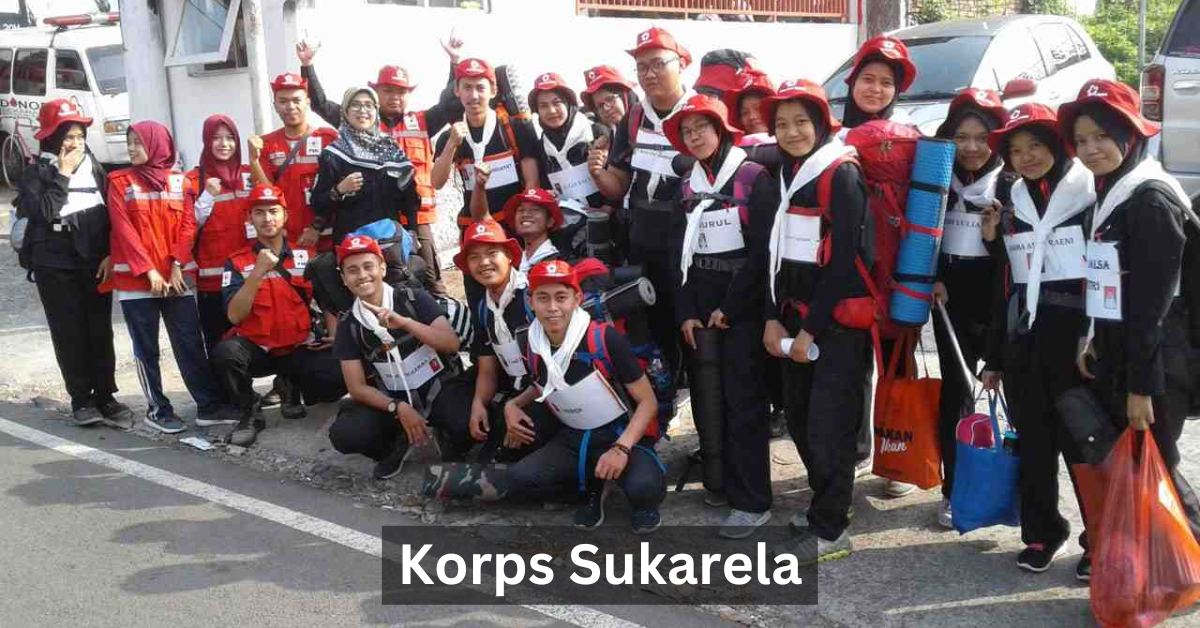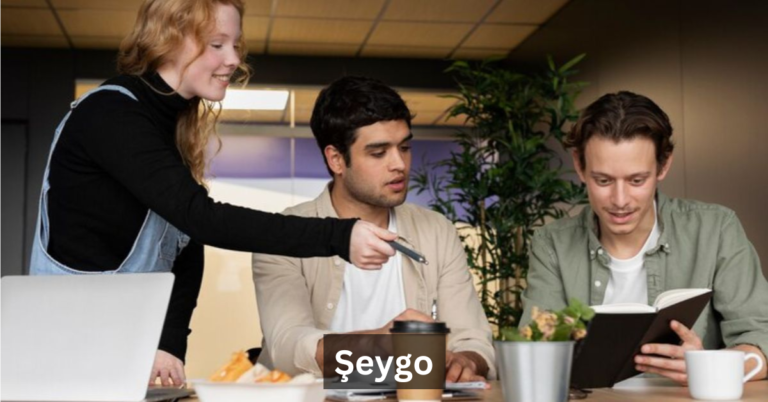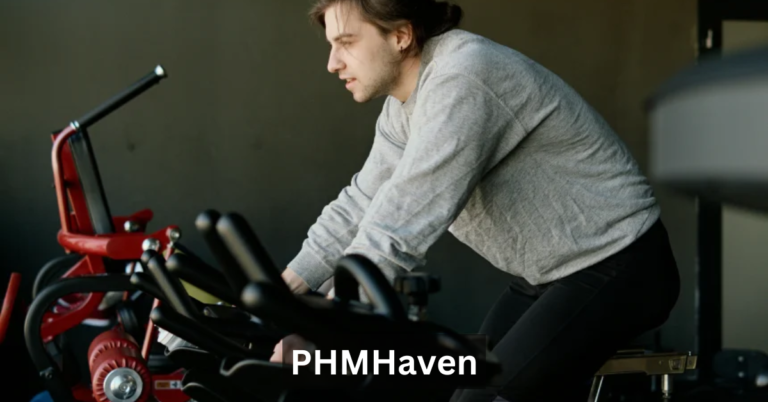Korps Sukarela: A Beacon of Hope and Humanity
Korps Sukarela (KSR) is a volunteer corps under the Indonesian Red Cross (Palang Merah Indonesia), dedicated to humanitarian services such as disaster relief, health education, and community development. Established to mobilize volunteers for critical community services, KSR plays a crucial role in disaster relief, health education, and community development. With the spirit of volunteerism at its core, KSR is an invaluable asset to Indonesia’s social fabric, promoting unity, empathy, and positive change across the nation.
Korps Sukarela is a volunteer organization that falls under the auspices of Palang Merah Indonesia (PMI). The organization functions as a humanitarian volunteer corps, providing vital services across the country, especially in disaster-prone areas. Volunteers engage in emergency medical assistance, disaster relief efforts, health outreach campaigns, and community development programs. Their contributions are indispensable during natural calamities such as earthquakes, floods, and tsunamis, where swift and effective responses are critical for saving lives and aiding in recovery efforts.
The Indonesian Red Cross volunteers, also known as KSR members, are trained to act promptly and competently in emergencies. Whether it’s providing first aid, distributing essential supplies, or assisting in search and rescue operations, Korps Sukarela has become synonymous with timely and effective humanitarian intervention.
Volunteerism is deeply ingrained in Indonesia’s culture and history, and Korps Sukarela embodies this tradition. Indonesia, with its archipelagic nature, faces frequent natural disasters, ranging from floods to volcanic eruptions, making disaster response and relief crucial. In such times, the role of volunteers becomes vital as they offer both immediate and long-term assistance to affected communities.
Volunteerism in Indonesia goes beyond responding to emergencies. It helps foster a sense of shared responsibility among citizens, empowering them to act for the greater good. Through initiatives like blood donation drives, health education campaigns, and environmental outreach programs, KSR exemplifies the value of community service corps in building resilient, connected communities.
Korps Sukarela plays a multifaceted role in Indonesian society. From disaster response to community health programs, the organization provides essential services that improve the well-being of local populations. By organizing disaster preparedness programs and training first aid volunteers, KSR strengthens society’s ability to handle crises effectively. Moreover, the organization’s outreach programs promote social impact initiatives, contributing to education, sanitation, and public health.
As a trusted partner to disaster management agencies, local governments, and international humanitarian organizations, Korps Sukarela helps bridge gaps during crises. Its rapid mobilization and dedicated personnel have established KSR as an indispensable player in the realm of humanitarian aid in Indonesia.
History and Evolution of Korps Sukarela
Origins and Founding
Korps Sukarela’s origins trace back to the establishment of Palang Merah Indonesia (PMI) in 1945. The organization was founded to ensure that Indonesian citizens had access to critical emergency services, particularly in the aftermath of natural disasters and during health crises. Over the years, the demand for trained, organized volunteers grew, leading to the formalization of KSR as a volunteer corps under PMI’s guidance.
The founding vision of Korps Sukarela was simple yet profound: to create a volunteer movement that could mobilize individuals willing to serve their communities selflessly. As a humanitarian organization in Indonesia, KSR focused on promoting the core principles of the Red Cross Movement, including humanity, impartiality, neutrality, and voluntary service. These values continue to guide the organization’s operations today.
Key Milestones in Development
Korps Sukarela has evolved significantly over the years. Its journey can be marked by key milestones that reflect its growing influence and capacity to respond to disasters. A few of the major milestones include:
The establishment of KSR volunteer training programs in the 1980s, which equipped individuals with essential skills for responding to crises.
- Increased national and international collaboration with disaster management agencies to improve response times and logistical coordination.
- Expanding volunteer involvement in health education campaigns, sanitation initiatives, and youth volunteer movements.
- The launch of specialized programs to train KSR field coordinators and other leaders who play an integral role in managing operations during emergencies.
Growth and National Reach
Today, Korps Sukarela operates in every corner of Indonesia, from remote rural areas to bustling urban centers. What began as a small initiative to support local communities has grown into an influential national network, contributing to both local and global humanitarian efforts. As the organization expanded, it became integral to the Indonesian Red Cross, collaborating with national and international organizations to provide timely, organized assistance to disaster victims.
Korps Sukarela’s national reach allows it to deploy volunteers to disaster areas efficiently, ensuring that people in need receive the support they deserve. Its diverse network of volunteers also plays an active role in local community outreach programs, fostering the spirit of volunteerism across Indonesia.
Mission and Objectives of Korps Sukarela
Core Values and Goals
Korps Sukarela is committed to achieving its core mission of providing timely, reliable, and compassionate assistance during crises. The organization’s values, deeply rooted in the Indonesian Red Cross philosophy, include:
- Humanity: Providing aid without discrimination, ensuring that those in need receive help regardless of their race, religion, or political views.
- Impartiality: Serving all communities, particularly those who are most vulnerable, in times of disaster or conflict.
- Neutrality: Ensuring that volunteers remain non-partisan during humanitarian operations.
- Voluntary Service: Encouraging individuals to give their time, skills, and energy freely in the service of others.
Korps Sukarela’s goals revolve around these values, guiding the organization to address the urgent needs of communities across Indonesia, particularly during times of natural disaster, public health crises, and other emergencies.
Humanitarian and Community Service Focus
Korps Sukarela prioritizes community-based programs, which are essential in disaster response and health education. The organization conducts outreach to build disaster preparedness programs, teaching communities how to respond effectively when calamities strike. Additionally, it facilitates health initiatives aimed at preventing the spread of diseases and promoting healthy living.
Korps Sukarela’s contributions are not just limited to short-term relief efforts but extend to long-term community development projects. For example, the organization works alongside local communities to provide clean drinking water, improve sanitation infrastructure, and develop educational programs that empower youth and promote sustainable practices.
Fostering a Culture of Volunteerism
Korps Sukarela’s success relies heavily on its ability to recruit and engage volunteers from all walks of life. The organization plays a key role in cultivating a culture of volunteerism across Indonesia, especially among the younger generation. By providing valuable KSR volunteer training, Korps Sukarela equips individuals with the necessary skills to respond to disasters, assist in healthcare initiatives, and contribute to the well-being of their communities.
One of the key factors behind KSR’s growth is its ability to nurture passion and commitment in its volunteers. The organization emphasizes volunteer engagement strategies that ensure long-term participation and support, fostering a sustainable network of compassionate individuals dedicated to helping others.
Organizational Structure and Membership
Key Roles and Responsibilities
Korps Sukarela operates with a structured hierarchy that ensures efficient management of its humanitarian efforts. The primary roles within the organization include KSR field coordinators, who oversee the planning and execution of disaster relief operations, as well as volunteers who assist in specific tasks such as first aid, logistics, and community outreach.
Additionally, KSR provides opportunities for leadership roles, offering specialized training for field coordinators and those interested in managing large-scale operations. These positions are crucial for coordinating teams of volunteers during emergencies and ensuring that resources are distributed effectively.
How to Become a Member of Korps Sukarela
Becoming a member of Korps Sukarela requires dedication, compassion, and a commitment to serving others. The recruitment process typically includes an application, an interview, and KSR volunteer training. Volunteers are also required to undergo periodic training to keep their skills sharp and stay up to date with the latest techniques in disaster response and first aid.
For those who wish to join, it’s important to demonstrate a genuine desire to contribute to the community. The volunteer network is diverse, ranging from students and professionals to retired individuals who want to give back to society. By joining Korps Sukarela, volunteers become part of a larger movement that drives change and enhances the lives of others.
Conclusion
Korps Sukarela (KSR) is a testament to the power of collective action. Through volunteerism in Indonesia, the organization has transformed lives, provided critical support during disasters, and fostered a culture of empathy and resilience. Its achievements, grounded in compassion and dedication, demonstrate the incredible impact of a well-organized volunteer network.
As we look to the future, Korps Sukarela remains a vital force in Indonesia’s humanitarian landscape, strengthening communities, enhancing disaster response, and promoting a society rooted in the values of service and solidarity. If you’re inspired by their mission, consider joining the movement—whether by volunteering, donating, or supporting the cause in any way you can.
Frequently Asked Questions
How can I join Korps Sukarela?
You can join KSR by meeting their eligibility criteria, submitting an application, and completing the required KSR volunteer training, which includes first aid and disaster response skills.
What activities does Korps Sukarela focus on?
KSR focuses on disaster response, emergency medical assistance, health education campaigns, blood donation drives, and community development projects, including clean water and sanitation initiatives.
Does Korps Sukarela collaborate with other organizations?
Yes, KSR works closely with government disaster response units, international humanitarian organizations, and local community leaders to enhance its impact during emergencies and community outreach programs.
How does Korps Sukarela impact communities?
KSR helps communities by providing immediate disaster relief, improving public health through education, and fostering long-term resilience through social impact initiatives and development programs.
Stay in touch to get more updates & alerts on EroMe! Thank you






